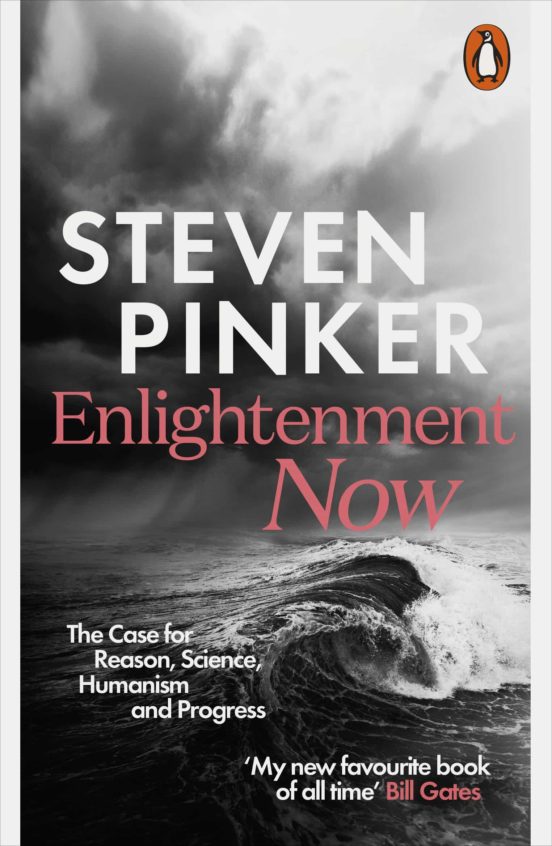

For example, it is clear to Pinker that an innovation that makes the poor slightly richer and the rich massively richer is a positive rather than a negative achievement. He also points out that the world as a whole is becoming more equal, and states that even within increasingly unequal areas, the poor are still getting wealth and benefit from technological innovations. Pinker argues that economic inequality "is not itself a dimension of human wellbeing" and cites a study that finds inequality is not linked to unhappiness, at least in poorer societies. As in Pinker's previous The Better Angels of Our Nature, Pinker ascribes modern improvements to trends of liberal humanism and scientific rationality that first took root in Europe around the 17th and 18th centuries. opinion polls, Pinker shows that an American is 3,000 times more likely to die in an accident than in a terrorist attack. As another example, while fears of terrorism are often voiced in U.S. He sets out 15 different measures of human wellbeing to support this argument, with the most obvious being the uncontroversial fact that, statistically, people live longer and healthier lives on average than ever before.

In contrast, Pinker argues that life has been getting better for most people. Thesis Ī commonly-held lay public perception holds that the world is in terrible shape for some, 2016 was the "worst year ever" and the year that liberalism died. It is a follow-up to Pinker's 2011 book, The Better Angels of Our Nature. It argues that the Enlightenment values of reason, science, and humanism have brought progress, and that health, prosperity, safety, peace, and happiness have tended to rise worldwide. 2018 book by Steven Pinker Enlightenment NowĮnlightenment Now: The Case for Reason, Science, Humanism, and Progress is a 2018 book written by Canadian-American cognitive scientist Steven Pinker.


 0 kommentar(er)
0 kommentar(er)
